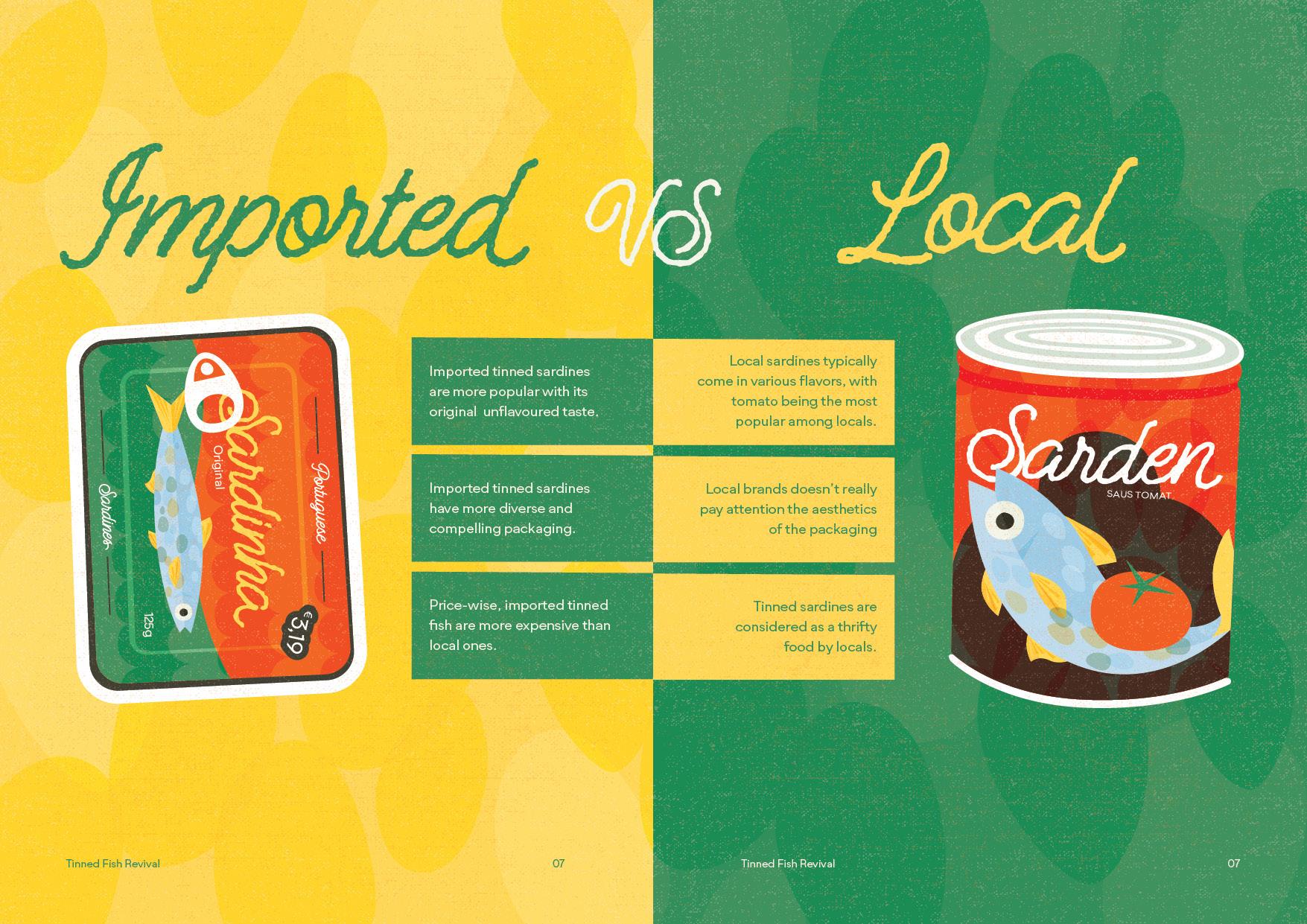
Born in French
Born in French
Back in 1795, a Frenchman named Nicolas Appert started playing around with ways to preserve fish in jars during the Napoleonic wars. His innovative technique caught the attention of the French government, and even won a prize for it in 1810. However, there was a little hiccup – those glass jars he used were pretty delicate, which made transporting them a bit of a challenge. This issue was addressed by British inventor Peter Durand, he patented a method for preserving fish using tin cans, laying the groundwork for the modern process we know today. Another Englishman, Joseph-Pierre Colin, took things even further, especially when it came to perfecting the preservation of sardines. He kicked o large-scale production at a canning factory in Nantes, France, marking a significant milestone in the history of tinned fish.
Back in 1795, a Frenchman named Nicolas Appert started playing around with ways to preserve fish in jars during the Napoleonic wars. His innovative technique caught the attention of the French government, and even won a prize for it in 1810. However, there was a little hiccup – those glass jars he used were pretty delicate, which made transporting them a bit of a challenge. This issue was addressed by British inventor Peter Durand, he patented a method for preserving fish using tin cans, laying the groundwork for the modern process we know today. Another Englishman, Joseph-Pierre Colin, took things even further, especially when it came to perfecting the preservation of sardines. He kicked o large-scale production at a canning factory in Nantes, France, marking a significant milestone in the history of tinned fish. a
History of Tinned FishHistory of Tinned Fish
The Untold Portuguese Past
The Untold Portuguese Past
During the world wars, Portugal was playing a big role in supporting the war by significantly ramping up its tinned fish production. They supplied Europe and other troops around the world with these handy cans of sardines that were easy to transport, durable, and also packed with hefty nutrition. This led to tinned fish becoming a specialty in Portugal. A classic tradition that still holds strong today, from a wartime necessity into a part of everyday life for many Portuguese families.
During the world wars, Portugal was playing a big role in supporting the war by significantly ramping up its tinned fish production. They supplied Europe and other troops around the world with these handy cans of sardines that were easy to transport, durable, and also packed with hefty nutrition. This led to tinned fish becoming a specialty in Portugal. A classic tradition that still holds strong today, from a wartime necessity into a part of everyday life for many Portuguese families.
Nowadays, tourists often indulge in tinned fish-themed experiences while visiting Europe, bringing them home as souvenirs, thanks to their convenient size. What adds an extra layer of delight to these tinned fish packages is their nostalgic nod to history. Back in the day, the covers of tinned fish used to showcase illustrations of fishwives. These ladies were often the daughters or wives of fishermen, working hard to sell their fresh catches at markets. They're notably referred as O Varina in Portugal.
Nowadays, tourists often indulge in tinned fish-themed experiences while visiting Europe, bringing them home as souvenirs, thanks to their convenient size. What adds an extra layer of delight to these tinned fish packages is their nostalgic nod to history. Back in the day, the covers of tinned fish used to showcase illustrations of fishwives. These ladies were often the daughters or wives of fishermen, working hard to sell their fresh catches at markets. They're notably referred as O Varina in Portugal.












Renaissance of The Tinned Fish
The renowned French sardine brand La Perle des Dieux has a long-standing history in French culture, with its cannery established in 1887 in Saint-Gilles-Croix-de-Vie, France. La Perle des Dieux not only honors French cultural traditions but also utilizes classic tin packaging designs to its advantage.
The renowned French sardine brand La Perle des Dieux has a long-standing history in French culture, with its cannery established in 1887 in Saint-Gilles-Croix-de-Vie, France. La Perle des Dieux not only honors French cultural traditions but also utilizes classic tin packaging designs to its advantage.
Each year, they introduce a lineup of Vintage Sardine Tins, which are famously sought after by collectors. These tins undergo a beautiful aging process of about four years, during which the sardines marinate in high-quality olive oil until the
Each year, they introduce a lineup of Vintage Sardine Tins, which are famously sought after by collectors. These tins undergo a beautiful aging process of about four years, during which the sardines marinate in high-quality olive oil until the
central bone softens into the flesh. This creative method enhances the dining experience, whilst showcasing delightful moment to appreciate these alluring tins.
Beyond their aesthetic appeal, tinned fish has evolved from its humble origins to symbolize an aspirational lifestyle for a global audience. Now, it's not just about being practical; it's about adopting an aspirational lifestyle. This shift is largely attributed to the appealing designs of each tin. Just like miniature works of art that feature nostalgic imagery which enhances the cultural significance of tinned fish.
Also, people are increasingly drawn to the idea of embodying the simplistic yet elegant European lifestyle, especially the romanticized notion of leisurely summers in Europe, which has gained popularity on social media. As Nylon dubbed, "Europecore" is more about embracing a mindset than just a continent. With Europe being known for its high quality of life, many are seeking to experience what the New York Times refers to as "the good life," with Portugal becoming a particularly coveted destination.



 Renaissance of The Tinned Fish
Renaissance of The Tinned Fish





